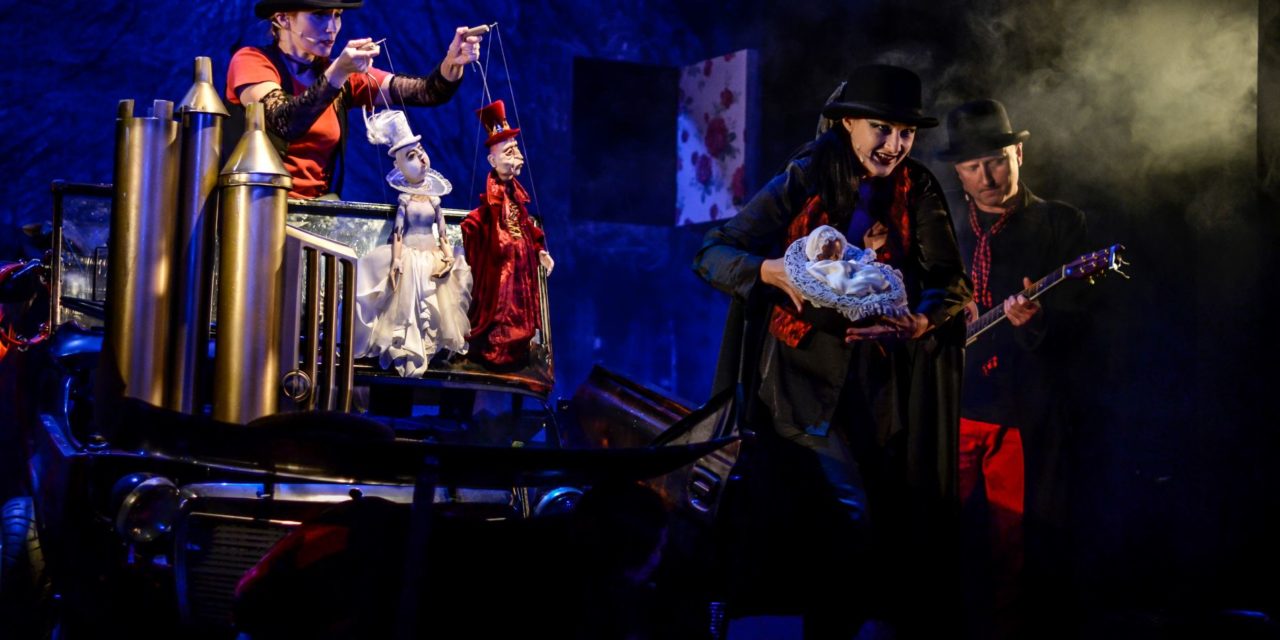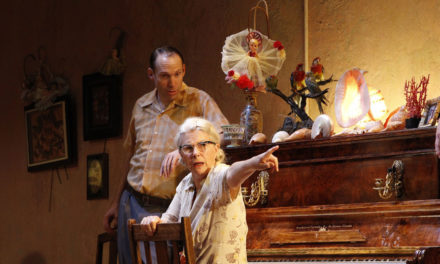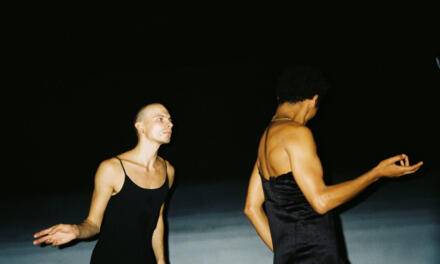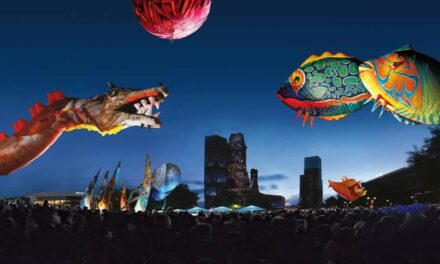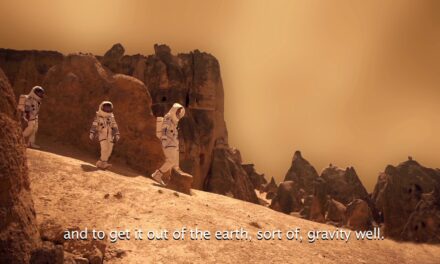‘In theatre the national differences, instead of dividing, are now connecting,’ says Polish theatre critic Hanna Usarewicz at the end of her article on the significant presence of Czech and Slovak theatre practitioners on Polish stages (Usarewicz 2012). In contrast to the complex political relations between the Polish and Czech peoples, in both current and historical contexts, Polish–Czech cultural exchange has recently been flourishing. In her article, Usarewicz talks about the Slovak scenographer Eva Farkašová (who worked with Piotr Tomaszuk and his Wierszalin Theatre) and the director Ondrej Spišák (a frequent collaborator of Tadeusz Słobodzianek), the Czech-Slovak theatre team SKUTR (Lukáš Trpišovský and Martin Kukučka), and Jakub Krofta. Usarewicz also highlights the importance of two late artists from previous generations: Josef Krofta and Karel Brožek, the latter of whom was from 2007 to 2012 Deputy Artistic Director of the Silesian Puppet and Actor Theatre Ateneum (Śląski Teatr Lalki i Aktora Ateneum) in Katowice. An important name that Usarewicz omits is the late Petr Nosálek, a Czech director who created approximately seventy productions on Polish stages, most of which were for puppetry theatres.
Josef Krofta
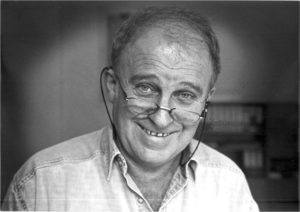
Josef Krofta, photo by UNIMA
The names mentioned in Usarewicz’s article suggest that the graduates of the Theatre Faculty of the Academy of Performing Arts (DAMU) in Prague, and its Department of Alternative and Puppet Theatre are particularly attracted by Polish theatre (for example, Farkašová, Spišák, Trpišovský, Kukučka, Jakub Krofta, but also Marek Zákostelecký); or perhaps their innate skills and imaginations are attractive to Polish theatre. The roots of such a trend can be traced back to the 1975 Jánošík: the Dragon (Drak) Theatre from Hradec Králové (Czech Republic), the Puppet Theatre at the Crossroads (Bábkové divadlo na Rázcestí) in Bánská Bystrica (Slovakia), and the Puppets and Actors Theatre (Teatr Lalki i Aktora; currently Teatr Animacji) in Poznań (Poland). According to Jakub Krofta, the production about Jánošík (to put it very simply, a Slovak-Polish-Czech Robin Hood) was ‘the first international project in the modern history of puppet theatre’ (Krofta 2014). Both Josef Krofta and Karel Brožek started their Polish artistic collaborations by directing parts of Jánošík. By bringing Josef Krofta to Poland, the production has indirectly brought many contemporary Czech and Slovak theatre practitioners to Poland.
Josef Krofta, head of DAMU’s Department of Alternative and Puppet Theatre, , co-led the course in Directing for Alternative and Puppet Theatre, until his death in 2015, together with Marek Bečka. He was one of the artists and pedagogues responsible for the cooperation between DAMU and the Puppetry Department of the Academy of Theatrical Arts (AST) in Wrocław.
Drama Schools in Prague and Wrocław
The 2004 multilingual Massacre (Masakra), devised by the students of both schools and based on folk ballads from the Polish-Slovak-Czech border region, became one of the first products of the DAMU-AST partnership; Josef Krofta was amongst the supervisors. Massacre started SKUTR’s collaboration with Polish artists; these days Trpišovský and Kukučka lecture at DAMU and bring their own students to Poland (Usarewicz 2012). The scenographer, Jan Polívka, decided to pursue his career in Poland and, to date, has created scenography for approximately seventy Polish productions in puppetry and dramatic theatres. Simona Chalupová is another graduate of DAMU’s Department of Alternative and Puppet Theatre who often collaborates with Polish puppetry theatres.
In 2008 another DAMU-AST collaboration resulted in the bilingual The Memory of Landscape—The Landscape of Memory (Pamięć krainy—Kraina pamięci), directed by Petra Tejnorová and performed by students from both schools. Zoja Zupková, who was part of the production team, has since worked as a scenographer in Polish theatres, collaborating with Jakub Krofta.
The work of Jakub (son of Josef) Krofta in Poland is an even stronger example of Josef Krofta’s and the 1975 Jánošík’s impact upon the collaborations between Polish, Czech, and Slovak theatres. Krofta is currently the Artistic Director of the Wrocław Puppet Theatre (Wrocławski Teatr Lalek), one of the leading puppetry stages in Poland. While Krofta’s work is discussed in a separate piece, one must not forget about Marek Zákostelecký, his frequent collaborator. One of his newest productions is Anna. The Ugly Duckling (Anna. Brzydkie Kaczątko) at the Lalka Theatre in Warszawa. Zákostelecký adapted (together with Elżbieta Chowaniec), directed, and designed this adaptation of Hans Christian Andersen’s fairytale. In their version, the main character is a girl named Anna who cannot read.
Polish–Czech cultural exchange has also been happening in dramatic theatres, and Polish actors have been invited to work in the Czech Republic. Its example provides a strong voice for the importance and potential of international exchanges in theatre-makers’ training and education in general. So, as educators, let’s make sure we create these opportunities.
A shorter version of this article originally appeared as part of the essay ‘Puppets, Dogs, and Vegetarian Angels: Ecocriticism in Jakub Krofta’s Polish Productions’. **Theatralia/Yorick** (Czech Puppet Theatre in Global Context), ed. by Christian M. Billing and Pavel Drábek, 18, 2015. Reprinted with permission from **Theatralia/Yorick**, the editors, and the author.
Works Cited
Krofta, Jakub. International Theatre Project “Jánošík, Janosik, Jánošík” [online]. Divadlo Drak: Hradec Králové, 2014 [accessed August 24, 2014]. Available at: <http://www.draktheatre.cz/223>.
Usarewicz, Hanna. Z divadla do teatru [From Divadlo to Theatre] [online]. Warszawa: Instytut Teatralny im. Zbigniewa Raszewskiego, 2012 [accessed August 24, 2014]. Available at: <http://www.teatr-pismo.pl/ludzie/263/z_divadla_do_teatru/>.
This post was written by the author in their personal capacity.The opinions expressed in this article are the author’s own and do not reflect the view of The Theatre Times, their staff or collaborators.
This post was written by Kasia Lech.
The views expressed here belong to the author and do not necessarily reflect our views and opinions.

